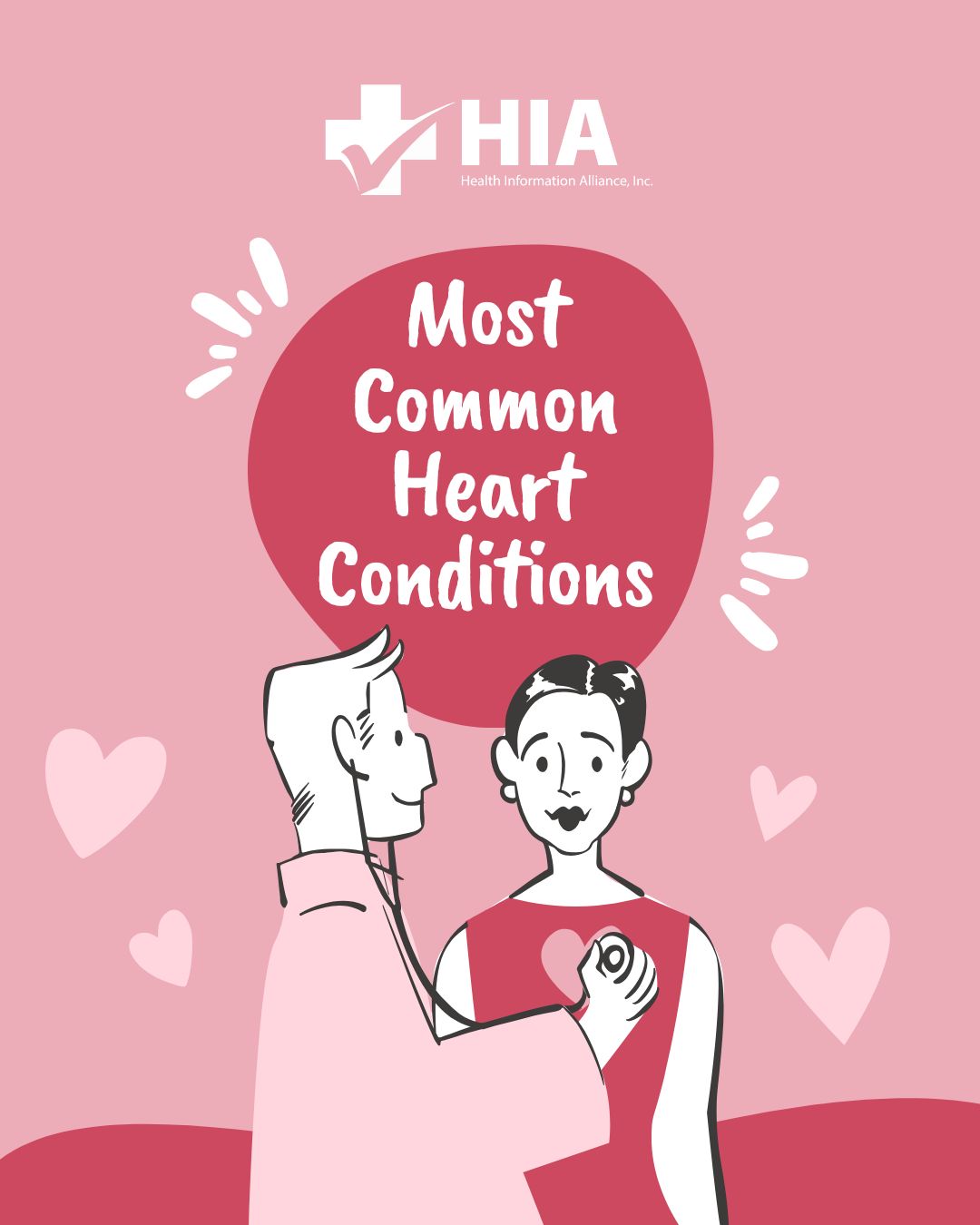Can Living in a City Affect Mental Health?
Some people dream of living in a big city. For others, it may be the only way to attain career goals. For a few, living in a big city can wreak havoc on their mental health. Those who have never experienced a big city in person or perhaps live close to one and may only visit for a brief period perhaps envision a more active lifestyle. A big city of course, must be filled with daily activities, right?
The issue that most people do not consider is that living in a big city has many downsides with which the benefits of city living cannot contend. For starters, noise pollution from the countless and never-ending vehicles traveling the roads daily, loud subways, and the constant ongoing construction that seems to never end. Never mind the air pollution that is emitted from the thousands of vehicles on the roads and factories that may be within the city limits pumping out carbon emissions. Just to name a few of the health risks that derive from living in a city that most people do not have to contend with daily.
Another side effect of city living versus suburban or countryside, which may come across as shocking for those who are not aware, is loneliness or isolation. To those who do not understand, they may use phrases such as “It’s such a big city, how are you alone?” or “There are millions of people in that city, you haven’t found one person to connect with?”
Of course, there are obstacles to meeting new people when someone first moves to a city. They need to settle into their living space, find a job or career, and transfer all their accounts such as banking, utilities, and so forth. Next thing you know, a few months may have passed. During this time, the feelings of homesickness may have begun. Money may be too constricted to use the typical routes of checking out the local nightlife, theaters, and restaurant scene. Perhaps they have been having difficulty securing a position that supports their basic needs. Or any at all. If they have been able to secure a position, perhaps the atmosphere is not friendly enough to develop friendships to venture out in the city with. There are many obstacles to living within a big city, but with the right support, an individual can overcome the initial loneliness to begin to fall in love with the area they moved to.
For those struggling in a big city, or if you’re having a difficult time adjusting to a new place, adopting some coping strategies can help nurture your mental health and well-being as well as build resilience in your new area. Different methods can work better for different individuals, so if something doesn’t work right away, don’t give up!
Especially in big concrete jungles, like New York City, it’s essential to prioritize time every day in green spaces, including parks, gardens, or anywhere else surrounded by nature and sunshine. Spending time in nature can significantly improve your mental health and enhance psychological relaxation. If you work in an office every day and have trouble making time to be outside, try using nature-related stimuli, like photos and videos of nature and the elements, or try walking to get to work.
Another way to relax yourself and improve your mental health in big cities is by allowing yourself time to unplug from the world. During this time, try practices like meditation, yoga, or reading. These methods are a great addition to your daily schedule, as they can promote a state of relaxation and help you with your overall mental well-being.
Sources:
Cronkleton, E. (2023, September 8). How living in a city affects mental health. Medical News Today.






